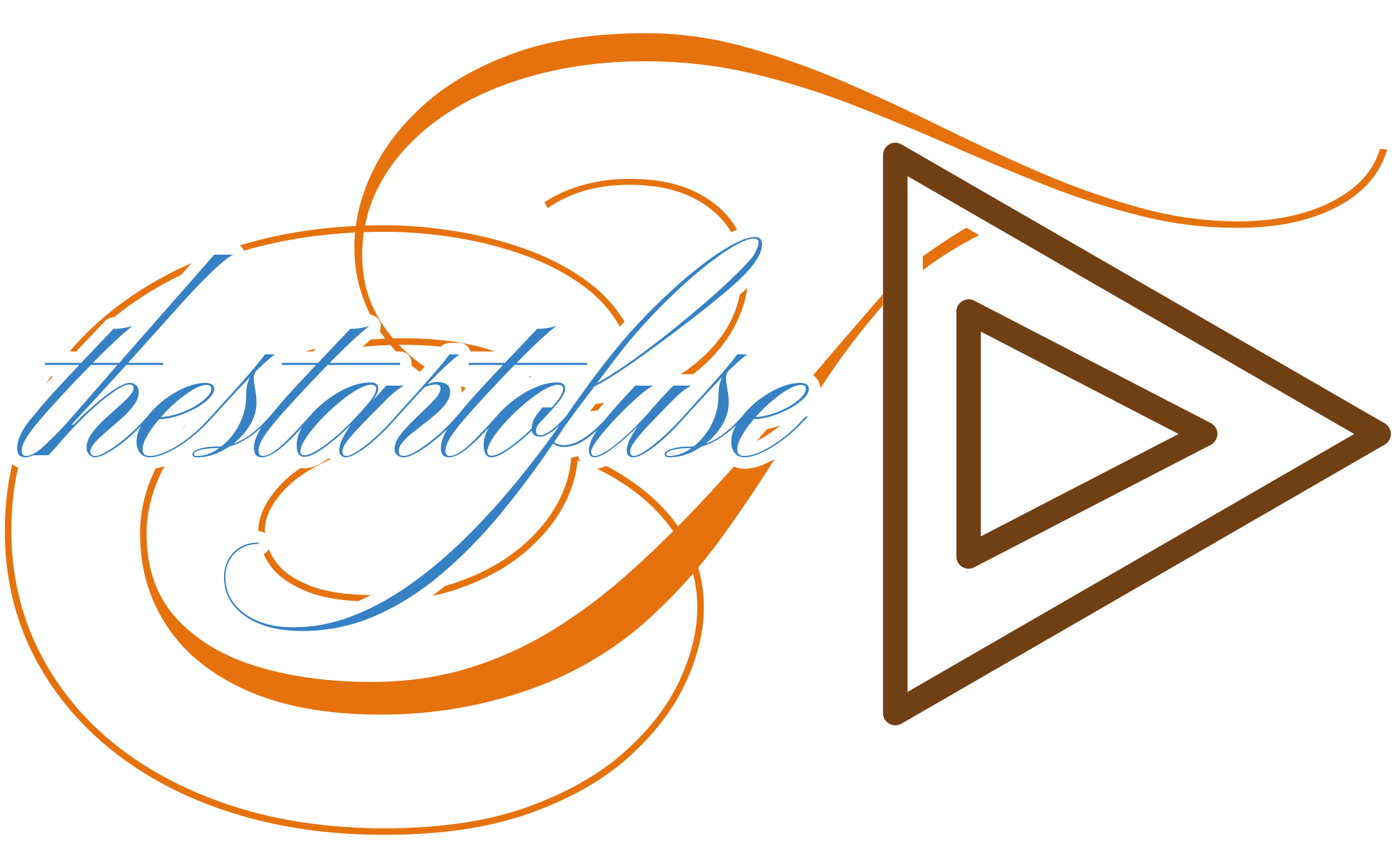Introduction: Understanding the Stages of Life
Life unfolds as a magnificent journey composed of distinct stages, each presenting unique challenges, joys, and opportunities for growth. From the innocence of early childhood, through the explorations of youth, to the reflections and wisdom of old age, our lives weave through a tapestry of experiences shaped by these stages. The concept of life stages—infancy, childhood, adolescence, early adulthood, middle adulthood, and late adulthood—offers us a framework to comprehend our developmental journey, providing insights into the psychosocial transformations that occur along the way.
As we transition between these stages, we encounter new milestones and obstacles that necessitate adaptation and personal evolution. Understanding these stages is vital not only for personal reflection but also for fostering relationships, planning careers, and preparing for the stages yet to unfold. This exploration through the stages of the human life cycle invites us to contemplate our life’s trajectory, embrace the lessons learned, and anticipate the stages that lie ahead. Join us as we delve into the rich tapestry of life, unraveling the mysteries of each developmental stage and what it means to live a fulfilling life, replete with depth, growth, and understanding.
What is a Life Stage?
Understanding the concept of life stages is crucial for grasping the intricate fabric of human development. A life stage denotes a distinct phase within the human life cycle marked by significant physical, psychological, and social transitions. Developmental psychology provides a lens to analyze these phases, highlighting the complex interplay between cognitive growth and psychosocial development.
Each life stage—from the wonder of early childhood to the wisdom of old age—presents distinctive challenges and milestones. These stages are not merely biological markers but are imbued with cultural, social, and personal significance. They mirror the evolution of self-awareness, the acquisition of new skills, and the deepening of interpersonal connections.
The journey through life’s stages is universal, yet each individual’s path may vary. It is a progression from the formative years of early childhood, through adolescence, young adulthood, and into the mature phases of middle and late adulthood. Understanding these stages enables us to appreciate the full spectrum of human life, acknowledging the significance of each phase in shaping our identities and relationships with the world.
In essence, life stages represent the chapters of our narrative, each featuring its own developmental tasks, accomplishments, and challenges. They provide a framework through which we can observe the progression of a life, understanding the importance of each transition and its impact on our overall journey.
Infancy & Early Childhood (0-5 years)
The journey of human life commences with infancy, a period marked by rapid physical and cognitive growth. This stage is characterized by exploration of the world through play, laying the foundation for motor skills, language acquisition, and social interaction. Infants and toddlers swiftly develop, revealing early signs of personality and self-awareness.
School Age (6-12 years)
As children enter the school-age phase, they confront new challenges and opportunities for personal growth. This stage is defined by significant cognitive development, including the ability to think logically and grasp complex concepts. School-age children cultivate a sense of self and learn to navigate social relationships beyond their immediate families.
Adolescence (13-19 years)
Adolescence stands as a critical transitional period from childhood to adulthood, characterized by rapid physical changes, emotional development, and exploration of identity. Adolescents begin to assert independence, forge deeper relationships outside their family circles, and wrestle with self-discovery and identity formation.
Early Adulthood (20-25 years)
Early adulthood marks a phase of continued personal and professional growth. Young adults navigate the challenges of emerging adulthood, including establishing lasting relationships, building careers, and forming a sense of personal identity. This stage often entails moving beyond foundational beliefs and values established in earlier years.
Late Young Adulthood (26-39 years)
Late young adulthood involves further refinement of personal and professional goals. Individuals in this phase may prioritize building families, advancing careers, and pursuing personal development. It is a period rich in life experiences that contribute to one’s self-concept and worldview.
Middle Adulthood (40-50 years)
Middle adulthood is a stage often characterized by reflection, achievement, and confronting age-related changes. It is a time when individuals assess their life’s trajectory, accomplishments, and unmet aspirations. Personal and professional lives may peak, offering a sense of fulfillment or, conversely, prompting a desire for change.
Late Middle Adulthood (51-64 years)
Late middle adulthood involves preparing for retirement, experiencing physical transformations, and often engaging with life’s existential questions. It is a stage for contemplating one’s legacy and impact on others, focusing on life’s deeper meanings.
Late Adulthood (65 years and beyond)
Late adulthood is commonly perceived as life’s final stage, encompassing retirement, reflection on life’s journey, and grappling with health and mortality issues. However, it also presents opportunities for continued growth, learning, and enjoyment of life’s pleasures. The wisdom gained through life’s experiences offers a unique perspective on relationships, life, and the world.
What Constitutes Adulthood and the End of Adolescence?
Adulthood signifies not only a biological stage but a complex interplay of social, emotional, and cognitive milestones. The transition from adolescence to adulthood is marked by achieving independence, assuming responsibility for oneself, and charting one’s life course. This transition varies widely among individuals, influenced by cultural, economic, and personal factors.
The journey through life’s stages is a profound process of transformation and adaptation. Each stage represents a pivotal component of the human life cycle, presenting distinctive challenges and opportunities for personal evolution. As we traverse these stages, we build upon past experiences to progress into the future, continually evolving and adjusting to life’s ever-changing terrain.
Trajectory Across Life Stages
The trajectory through life’s stages constitutes a profound journey marked by transitions that shape our existence. From the vulnerable dependency of infancy to the reflective wisdom of old age, each stage brings its unique challenges and opportunities for growth. This trajectory transcends mere biological inevitability, forming a rich tapestry woven from physical growth, psychological development, and social interaction.
As we transition from one stage to the next, we encounter new experiences that foster personal growth and self-awareness. These transitions may be smooth or turbulent, contingent upon life experiences and developmental tasks. Adolescence may introduce us to the complexities of social dynamics and self-doubt, while adulthood confronts us with responsibilities and aspirations for personal and professional achievement.
Understanding our life trajectory illuminates the path forward, equipping us for forthcoming life stages and the perpetual process of becoming. It prompts us to embrace change, recognizing that each new stage presents an opportunity for further exploration, discovery of new life domains, and enrichment of our lives with deeper significance. Ultimately, this journey embodies progression not only in age but in wisdom, as we endeavor to maximize our lives at every stage.
Focus on Specific Life Stages
Early Childhood
Early childhood forms the cornerstone of an individual’s life, characterized by rapid physical growth, cognitive development, and emotional nurturing. Extending from birth to preschool years, this stage is pivotal for acquiring motor skills, language proficiency, and social competencies. Early childhood sets the stage for future learning and development, profoundly influencing subsequent life stages. It represents a period of burgeoning self-awareness and initial exploration of the surrounding world, marking the initial strides in an individual’s life journey.
School Age
School age denotes a dynamic phase of personal growth and scholastic learning. Encompassing the early school years, children embark on formal education, encountering fresh challenges and opportunities for social interaction. This stage signifies a significant juncture in a child’s life, emphasizing the cultivation of cognitive abilities, such as literacy and numeracy, alongside continued physical and psychosocial development. School age is instrumental in fostering self-esteem, nurturing peer relationships, and establishing the groundwork for lifelong learning and personal fulfillment.
Transition to Adulthood
Transitioning to adulthood signifies a pivotal phase within the human life cycle, encompassing late adolescence and emerging adulthood. This stage is characterized by profound shifts in identity, independence, and personal accountability. Young adults navigate the complexities of forming intimate relationships, pursuing higher education, and entering the workforce. It represents a period of exploration and experimentation, wherein individuals delineate their values, beliefs, and aspirations for the future. This transitional stage is critical for establishing the bedrock of adult life, wherein personal and professional ambitions begin to take shape.
By focusing on these specific life stages, we acknowledge their integral role in shaping an individual’s overall development and well-being. From the earliest stages of childhood to the momentous transition into adulthood, each phase assumes a pivotal role in defining the person we become.
Other Theories About the Stages of Life
Jean Piaget’s Theory of Cognitive Development
Jean Piaget, a pioneering Swiss psychologist, revolutionized our comprehension of children’s cognitive development with his Theory of Cognitive Development. He posited that children progress through four distinct stages of mental growth: Sensorimotor, Preoperational, Concrete Operational, and Formal Operational stages. Each stage corresponds to a specific age bracket, from infancy through adolescence, and is characterized by unique modes of thinking and understanding the world. Piaget’s work underscores how children actively construct their understanding through interactions with their environment, highlighting the critical role of cognitive development during the early stages of life.
Daniel Levinson’s Seasons of Life Theory
Daniel Levinson’s Seasons of Life Theory presents a psychosocial framework for comprehending human development across the lifespan. Levinson proposed that adult life unfolds through a series of developmental stages or “seasons,” each characterized by distinctive tasks and challenges. His theory centers on the transitions between these stages, including the well-documented midlife crisis. Levinson’s work offers insights into the continuous process of personal growth and the quest for identity and significance throughout the stages of adulthood




